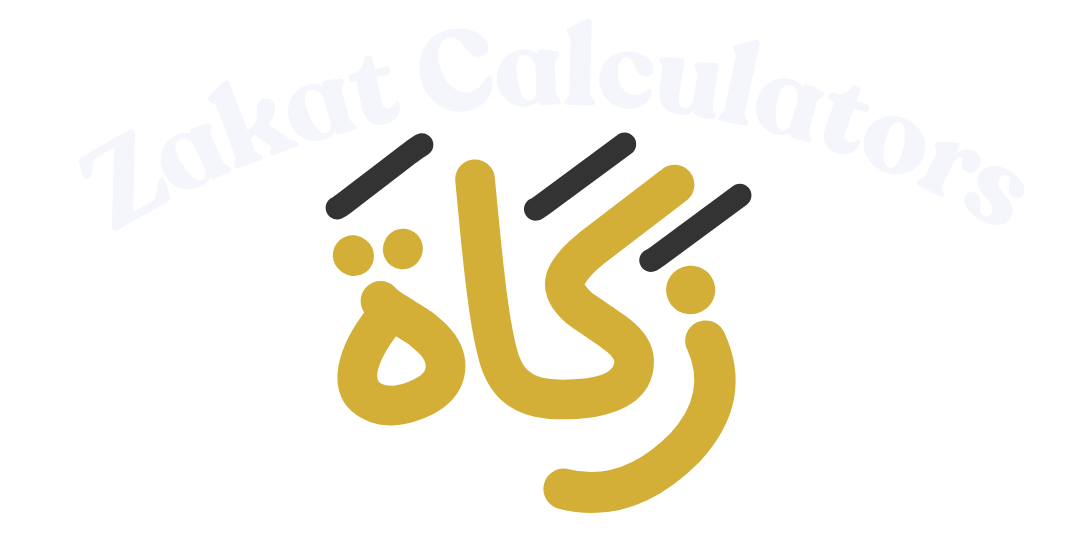Calculate Zakat on your business stock, inventory, and goods with our easy Business Assets Zakat Calculator. Instant, accurate, and Shariah-compliant.

Calculate Your Business Assets Zakat
Enter your business stock, receivables, and other trade assets to check if your total reaches Nisab. Zakat is 2.5% of total eligible assets.
Why Paying Zakat on Business Assets Matters
Zakat on business assets is wajib if your stock, inventory, or trade goods reach the Nisab threshold and have been held for one lunar year. This ensures that wealth is purified and used responsibly.
Qur’an Reference: “And those who hoard gold and silver and spend it not in the way of Allah – give them tidings of a painful punishment.” (Surah At-Tawbah 9:34–35)
Social Benefit: Your Zakat helps circulate wealth, support merchants, and assist needy families, strengthening the community and promoting fairness in trade.
Summary
Our Business Assets Zakat Calculator helps you easily calculate Zakat on inventory, stock, receivables, and other trade assets. Simply enter your business values, choose a Nisab method (gold or silver), and find out whether Zakat is due. The tool instantly shows your total assets, Nisab comparison, and Zakat payable (2.5%) with options to download or share results. Learn the importance of Zakat on business wealth, its Qur’anic basis (9:34–35), and how it benefits society by circulating wealth and supporting those in need.
Frequently Asked Questions
Zakat on business assets is calculated by assessing all trade-related wealth, including inventory, stock, and receivables. Add the total value of your business assets, then deduct any liabilities directly linked to the business (e.g., unpaid bills). If your net assets meet or exceed the Nisab threshold, apply the standard 2.5% Zakat rate. This ensures your business wealth is purified as instructed in the Qur’an (9:34–35).
The Nisab for business stock is the minimum value of wealth that makes Zakat obligatory. It is generally measured based on the value of 87.48 grams of gold or 612.36 grams of silver. If the total value of your inventory or stock meets or exceeds this threshold and has been held for a lunar year, Zakat becomes mandatory. Using current gold or silver prices helps calculate the exact Nisab in your currency.
Yes, Zakat is obligatory on inventory if it meets the Nisab and has been in your possession for one lunar year. This includes goods intended for trade, raw materials, and finished products. Inventory not meant for sale (e.g., personal use items) is not subject to Zakat. The Qur’an emphasizes that wealth must be purified, and inventory forms a significant part of business wealth.
Yes, receivables or outstanding payments owed to your business are considered part of your Zakatable assets. They should be included in the total calculation, as they represent wealth that will eventually benefit your business. However, only the recoverable portion should be counted. If some receivables are doubtful or uncollectible, you may deduct them from the total Zakatable amount.
Zakat is calculated once every lunar year. Choose a consistent date each year (e.g., the start of the Hijri year) to assess your business assets. This ensures accurate tracking of inventory, receivables, and other trade-related wealth. Consistent calculation also helps maintain financial discipline and ensures timely Zakat payment to eligible recipients.
Yes, certain business expenses can be deducted before calculating Zakat. These include outstanding payments for suppliers, business loans, and other legitimate liabilities directly related to the business. Deducting these amounts ensures you pay Zakat only on the net wealth available, in accordance with Shariah principles.
The standard Zakat rate for business assets is 2.5%. This is applied to the total value of inventory, stock, receivables, and other Zakatable business assets that meet or exceed the Nisab. This percentage is derived from Hadith and has been consistently applied for monetary and trade wealth for centuries.
Yes, seasonal goods intended for trade or sale count as part of your Zakatable assets. For example, goods bought for specific festivals, harvests, or seasonal markets should be included if they meet the Nisab and have been in your possession for a full lunar year. Proper valuation ensures that Zakat is accurately calculated.
If your total Zakatable business assets fall below the Nisab at the end of the lunar year, no Zakat is due. The Nisab serves as a threshold to ensure that Zakat is only obligatory on sufficient wealth, protecting those with modest earnings. Continue monitoring your assets yearly to determine when Zakat becomes payable.
Yes, both cash in hand and inventory are considered Zakatable assets. Combine all trade assets, including cash, receivables, and inventory, and compare the total against the Nisab. Once the threshold is met, calculate 2.5% on the total combined value to determine your Zakat payable. This holistic approach ensures compliance with Islamic law and helps purify all forms of business wealth.
